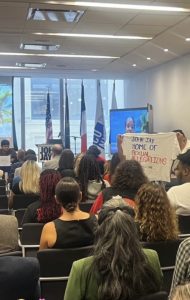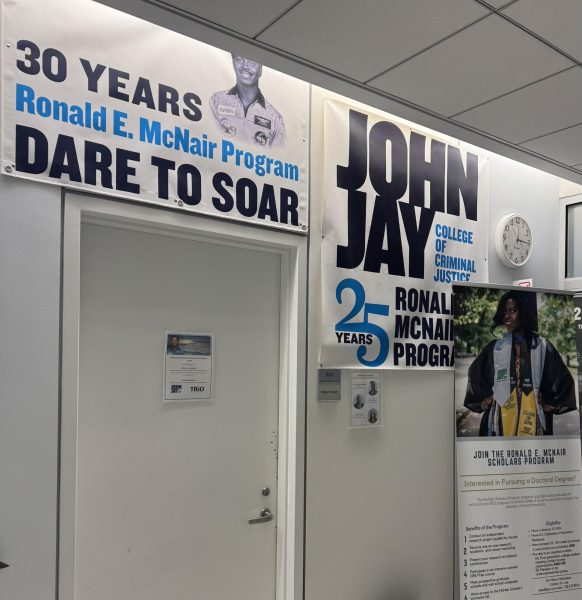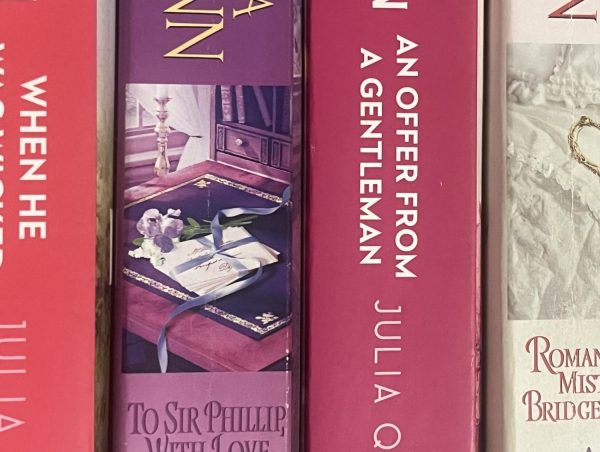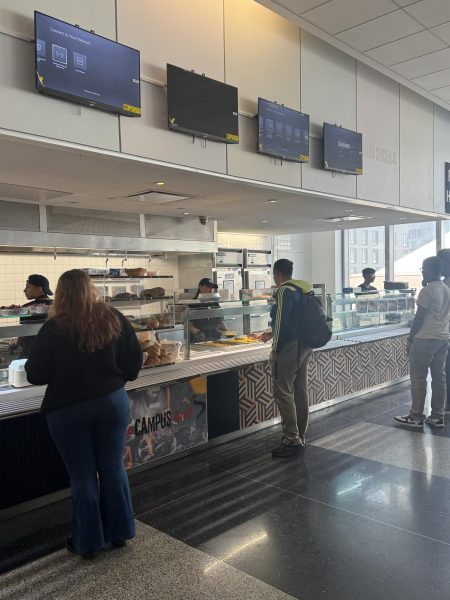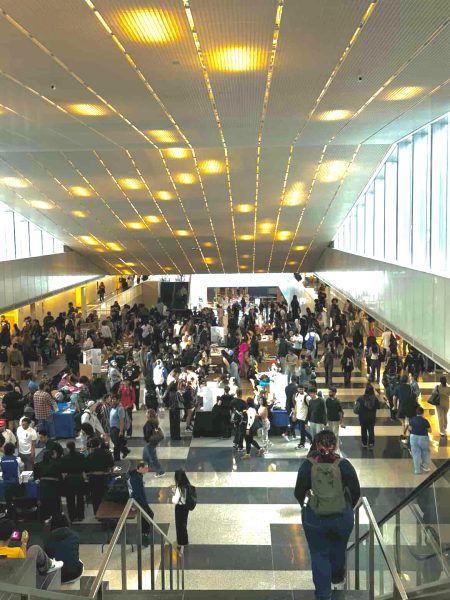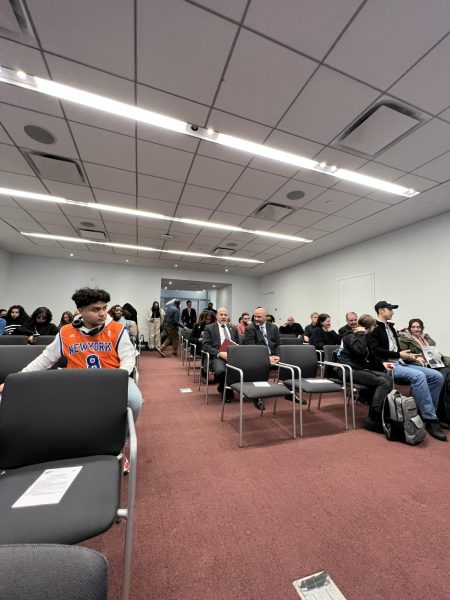Being a Creative Writer
May 2, 2021
Millions of students across New York State read literature, and some may even wish to create literature of their own, but they might not know how to begin their journey.
From middle school to college, students learn various skills to become better writers so that when they finish their essays, they’ll earn a decent grade. Writing essays, however, is different from writing articles or stories that will end up published.
An author may take a year to finish a novel or the author may take a longer time because of developments outside of the novel.
Such was the case for Claudia Zuluaga, a John Jay lecturer, and author of the novel Fort Starlight and the short story Okeechobee.
“I worked on [Fort Starlight] from probably 2004,” Zuluaga stated. “And then I had a baby and I had a job, so it was tucked away for a couple of years.”
While essays have a strict deadline, an author will typically have the time to adjust the novel. “[Fort Starlight] took me probably eight or nine years, but it wasn’t consistent writing,” she said.
Writing can be difficult because there are a variety of topics someone could write about, but an easy way to start is for authors to find something that strikes them.
John Jay Associate Professor, Johnathan W. Gray said, “Every act of reading is an act of writing where I’m taking lots of notes. I’m trying to make connections to different things.”
Gray, also the author of Civil Rights in the White Literary Imagination: Innocence By Association, and reviewer of various works including Alan Moore’s Watchmen added on, “I’m trying to see how this fits into the larger world that I live in. . . I started responding to things that didn’t make sense to me.”
Another integral part of writing a novel is reading the works of other authors. Zuluaga’s preferred genre is literary fiction and her favorite authors and inspirations include Stephen King, Margaret Atwood, Joyce Carol Oates, and Tyree Jones.
Gray’s favorite writers include Langston Hughes, James Baldwin, Malcolm X, and Toni Morrison.
While offering advice to aspiring authors, Zuluaga and Gray said similar but contrasting tips.
“Find a community to share work with. . .You need people who understand what you’re trying to do and whose work you understand as well so that you can grow because it is such a lonely and isolating thing,” said Zuluaga. “The whole sort of image of the writer toiling away by themselves being alone through the entire process is not a recipe for success because you are stuck in your perceptions of your book. You need people to say, ‘you know what? This is, this doesn’t make sense to me.’”
Gray reflected on what becoming a creative writer entails.
“If you want to become a creative writer and you admire Colson Whitehead, you should read every book he’s ever written, but you should not just read them passively,” he said. “ You should read them with a word document open where you’re typing in notes and you’re observing things, and over time, the kinds of observations you make will start to change where you’re no longer commenting on the plot. You’re commenting on patterns and things that you’re seeing, strengths and weaknesses, and approaches and things like that.”
Creating publishable work can be a tough journey, but it is a rewarding journey for both the author and the future readers. The world always has room for the next Great American Novel.




